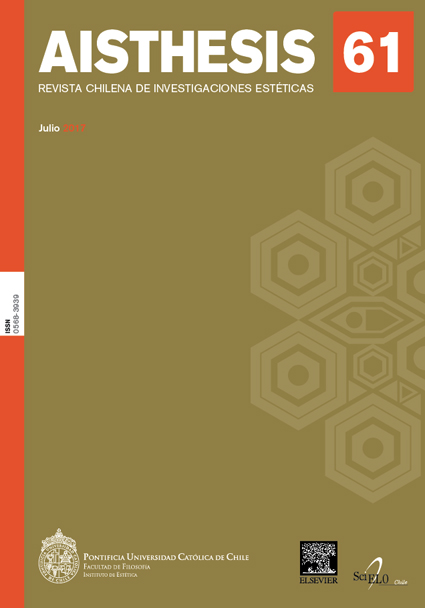Buñuel in Mexico: Notes about the Representation of Poverty in the Films El gran calavera, Los olvidados, El Bruto and Nazarín
Main Article Content
Abstract
The aim of this text is to explore and discuss the way in which both the commercial films and the auteur cinema made by Luis Buñuel in Mexico, introduce us to the production of new cinematic representations of poverty. In order to do this, the films El gran calavera (1949), Los olvidados (1950), El Bruto (1952) and Nazarín (1959) will be analyzed. It is argued that these films suggest different ways in which poverty is inscribed that put the hegemonic representation imposed by the golden age of Mexican cinema under tension. Moreover, the ideal of desire is recognized as a common mechanism in the actions of its protagonists.
Article Details

This work is licensed under a Creative Commons Attribution-NonCommercial-ShareAlike 4.0 International License.
All contents of this electronic edition are distributed under the Creative Commons license of "Attribución-shareAlike 4.0 Internacional" (CC-BY-SA). Any total or partial reproduction of the material must mention its origin.
The rights of academic works published in this publication belong to their authors., who grant to AISTHESIS: Revista Chilena de Investigaciones Estéticas the license for its use. The management of the permits and the authorization of the publication of the images (or of any material) that contains copyright and its consequent rights of reproduction in this publication is the sole responsibility of the authors of the articles
